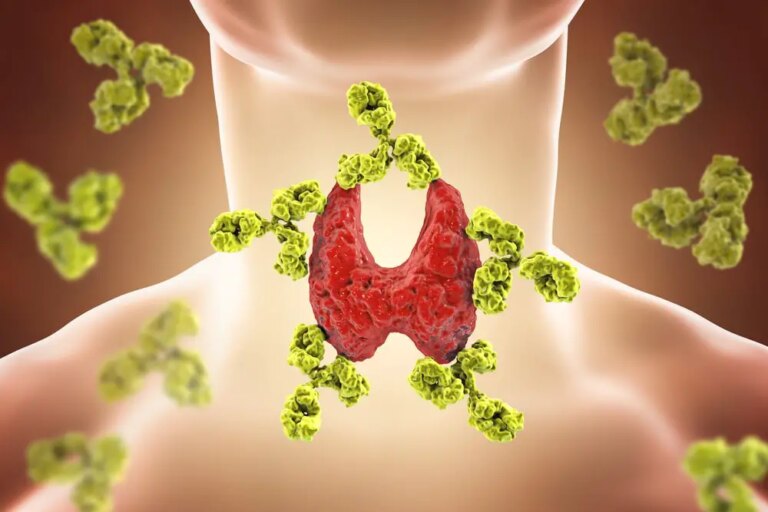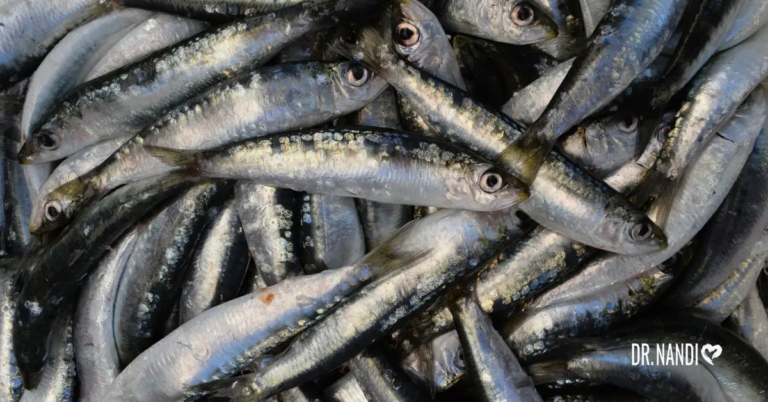Microbiologists are hoping to use gut bacteria to find treatments for disorders of the brain and nervous system. Russian startup company Holobiome wishes to use the growing evidence linking gut bacteria to conditions ranging from autism to anxiety to lead them toward advancements in treatments. (1)
Psychobiome Studies Target Many Conditions
In addition to depression and insomnia, the team is also working on constipation and irritable bowel syndrome (IBS). Holobiome CEO Phil Strandwitz says that the team is working on these and other issues. These conditions have possible neurological and intestinal components. These microbe-based treatments, also known as “psychobiotics,” could be the answer to alleviating a long list of conditions. (1)
The Holobiome team is one of many companies interested in finding new microbial therapies despite a lack of understanding of how psychobiotic therapies work. It could lead to issues if treatments are introduced too soon. (1)
Psychobiomes Based On Connection Between Gut And Brain
Thousands of species of microbes live in the gut. They offer the potential to create therapies that use and make nutrients and other molecules with the help of these microbes. Epidemiological researchers revealed connections between gut and brain disorders, including: (1)
- Many people with IBS suffer from depression
- Those on the autism spectrum experience digestive problems
- People with Parkinson’s experience constipation
The Catholic University of Leuven also analyzed health records of Belgians and Dutch groups studying types of gut bacteria. People in both groups with depression were missing the same two bacterial species. (1)

Psychobiome And Animal Studies
Studies on animals show gut microbes can influence the brain. When rats and mice were given fecal matter from people with Parkinson’s, schizophrenia, autism, or depression, they had the same problems as the people. However, when given fecal matter from healthy people, the symptoms in some cases were relieved. (1)
Serotonin And Tryptophan
A possible causal link is the amino acid tryptophan. It can be converted into serotonin either by the body’s cells or microbes. This idea is possible since serotonin is related to psychiatric disorders, and tryptophan can also be converted into kynurenine, which can be toxic to neurons. Depressed patients tend to convert tryptophan into kynurenine as opposed to serotonin. (1)
GABA And Psychobiomes
Meanwhile, at Holobiome, the team isolated a bacterium that requires gamma-aminobutyric acid (GABA) to thrive. Misregulation of GABA has been linked to mental health problems, including depression. The company has patented bacteria that helped produce GABA as a possible treatment for mental disorders. (1)
Strandwitz feels the bacteria boost not only GABA but also produce molecules that could address symptoms of depression. Despite uncertainties, as long as the bacteria is used without side effects, he hopes they can proceed with clinical trials. As the team continues to test 30 GABA-producing bacteria, they believe that once regulatory and ethical reviews are completed, they might start human trials as early as 2021. (1)
Holobiome’s treatment could be based on a single bacterial species, a group, or a bacteria-based compound. Strandwitz believes a wider range of species than found in typical probiotics is likely to prove more versatile. It makes it a candidate for treating multiple aspects of conditions such as depression. (1)

My Personal RX:
- Include Probiotics in Your Diet: This helps increase the diversity of bacteria in your gut. Fermented foods, yogurts, or probiotic supplements could be good options.
- Eat a Diverse, High-Fiber Diet: A diet rich in different types of fruits, vegetables, legumes, and whole grains helps promote a diverse microbiota.
- Avoid Artificial Sweeteners: Some studies suggest that artificial sweeteners can negatively impact gut bacteria. Instead, opt for natural sugars in moderation.
- Stay Hydrated: Good hydration benefits your gut by aiding in the digestion and absorption of nutrients from food.
- Exercise Regularly: Regular physical activity promotes a healthy and diverse microbiome.
- Avoid Antibiotics Unless Necessary: While antibiotics are sometimes necessary, they can have a negative impact on the diversity and number of gut bacteria. It’s crucial to use them only when prescribed by a healthcare professional.
- Manage Stress: High stress levels can harm your gut bacteria. For this, you might consider my free ‘Calm the Chaos’ meditation series. It is designed to help you manage stress and achieve a state of calm, potentially benefiting your gut health in the process.
- Mood Support Supplement: I recommend taking my Mood Support Daily. This daily supplement is designed to provide nutrients needed for optimal brain function and mood regulation, which could potentially have a positive impact on your gut health as well.

Sources:




















